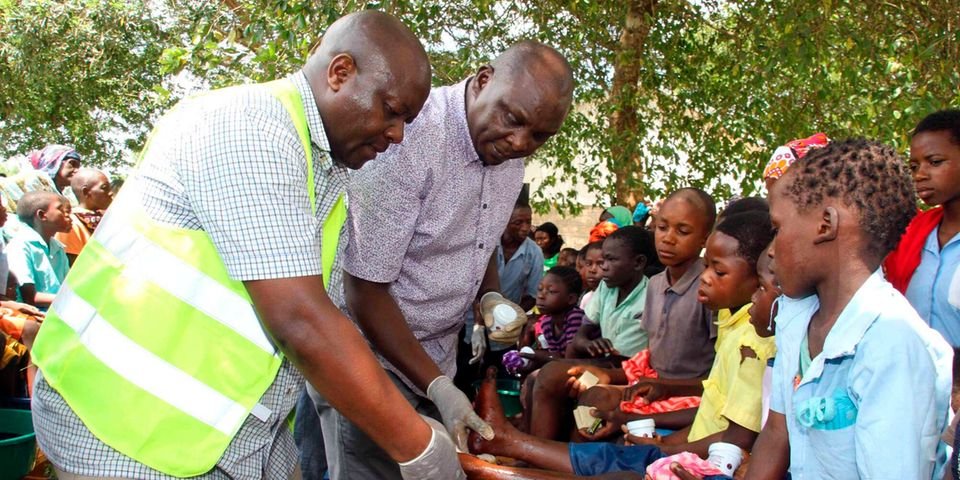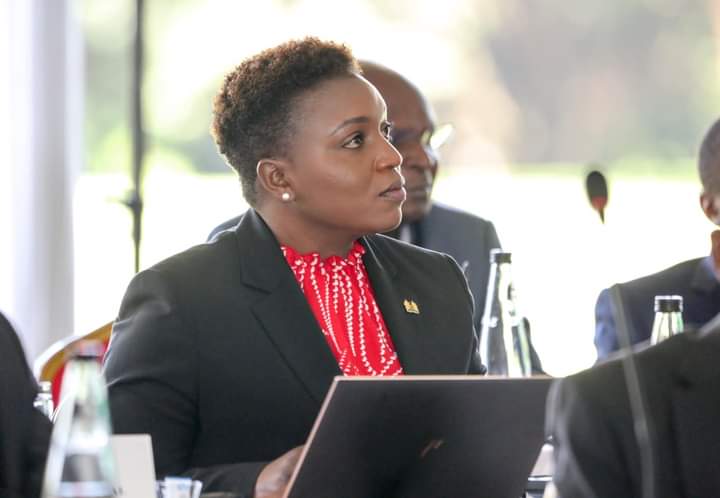The Thomas Mitchell, a solitary British vessel, sailed from Brazil carrying sand ballast in September 1872.
It arrived at the African port of Ambriz in Angola, which was then famous for ivory, coffee, and slaves.
Little is known about this ship, except that it was built in Dumbarton on the River Clyde in 1851 and was owned by T. Mitchell, a shipping company based in Glasgow – the British city built on the fortunes of slave trading.
If there is one Africa-wide campaign that should be launched, it should be to force the nations that were responsible for the dumping of this vermin on the continent to fund its eradication.
As the scourge continues to ravage the poor, the jiggers remain a symbol of British mercantilism.
They have left an indelible mark on the continent, demonstrating the carelessness of colonial endeavors and racism.
There is very little written about this incident, and one must sift through early records to learn the truth about the introduction of these vermin into Africa. The silence has been deafening and longing.
Africa may never know whether this was a deliberate act, but what Africans must understand is that after all these years, jiggers have become an overlooked tragedy that is rarely mentioned in political and health discourse. Nobody has ever bothered to apologize.
The Thomas Mitchell had dropped its cargo of coal in Brazil from Britain (some archival sources claim its voyage carried slaves), and because there was no cargo destined for Africa, it had carried sand ballast, which was used to add weight to the vessel so that “when the wind hits its sails, it does not capsize.”
This sand carried the fleas known as chigoe in South America, which was the only location where the jiggers had been reported.
The fact that a vermin introduced by British traders would later spread throughout tropical Africa has received little attention – and may have been overshadowed by calls for Britain and other countries involved in the transatlantic slave trade to apologize.
Glasgow, where Thomas Mitchell originated, officially apologized in April 2022 for its role in the Atlantic slave trade, admitting that the “tentacles” of money from the practice reached every corner of Scotland’s largest city.
“It is clear… that the blood of trafficked and enslaved African people, their children, and their children’s children is built into the very bones of this city,” the apology stated.
The Glasgow shipping industry grew out of the slave trade, and historians have long questioned the morality of institutions such as Barclays Bank, which used to finance plantations in the Caribbean.













